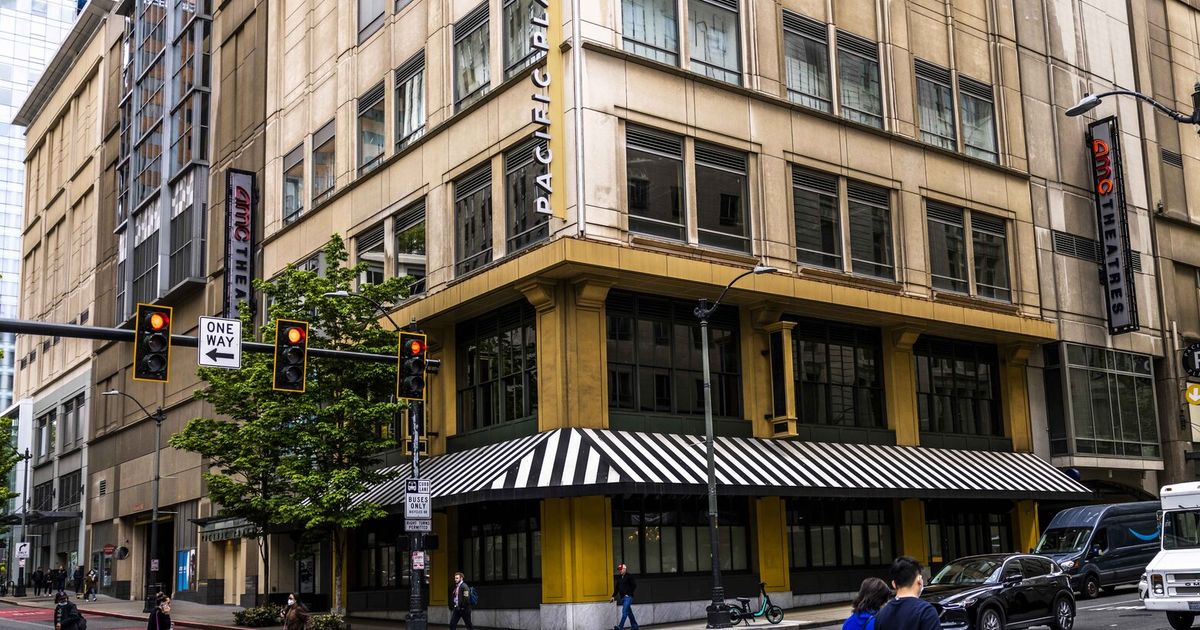To understand the great downfall of the American mall, look no further than the recently revealed sale price of downtown Seattle’s Pacific Place.
The mall and its underground parking garage sold for a total of $88.25 million this month, according to county records filed Wednesday, a quarter of the price the properties garnered when they last traded hands.
The mall sold for $66.75 million, well below its 2014 sale price of $271 million. Its nearly 1,200-stall garage sold for $21.5 million, down from $87 million in 2016.
The drop in value is just the latest backslide for the struggling downtown shopping center. The mall underwent a multimillion-dollar renovation that wrapped up in 2020 but has struggled to attract marquee retailers. The latest departure was Lululemon, which announced last month it would shutter its Pacific Place store.
As the pandemic accelerated shoppers’ move away from brick-and-mortar retail downtown, Pacific Place began offering some artists and small businesses discounted temporary leases, adding a handful of new vendors to the space. But the shopping center remains bright, sterile-feeling and mostly empty, with more than half of its space vacant and most foot traffic headed upstairs to the AMC theater or Din Tai Fung on the top floor.
Ideas for reinvention have come and gone. At one point in 2022, the mall’s developer floated a plan to transform the mall into office space, but that proposal appeared to peter out.
Nevertheless, Los Angeles-based BH Properties, which bought the mall this month but had not previously disclosed the price, called the property “Seattle’s premier shopping center” and said it plans to attract local and national retailers “to deliver a first-class shopping experience with a uniquely Seattle flavor.” The company has so far declined to share details on exactly what changes may be in the works.
The Puget Sound Business Journal first reported the property’s sale price Wednesday.
Downtown retail has undergone a significant shift amid online shopping, the pandemic and the loss of office worker foot traffic, with notable recent departures from Nike and North Face.
Even so, Pacific Place is faring worse than the rest of downtown.
About 14% of retail space in downtown Seattle was vacant in the first three months of this year, according to a recent report from the commercial real estate firm Kidder Mathews. That was higher than in the suburbs but far lower than the vacancy rate in the mall itself, where BH Properties says 55% of space is vacant.








:max_bytes(150000):strip_icc()/roundup-writereditor-loved-deals-tout-f5de51f85de145b2b1eb99cdb7b6cb84.jpg)


